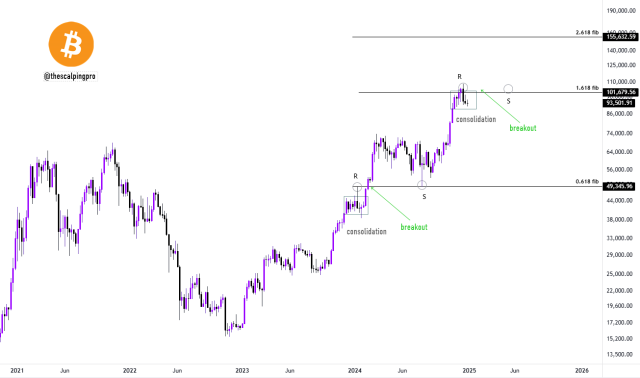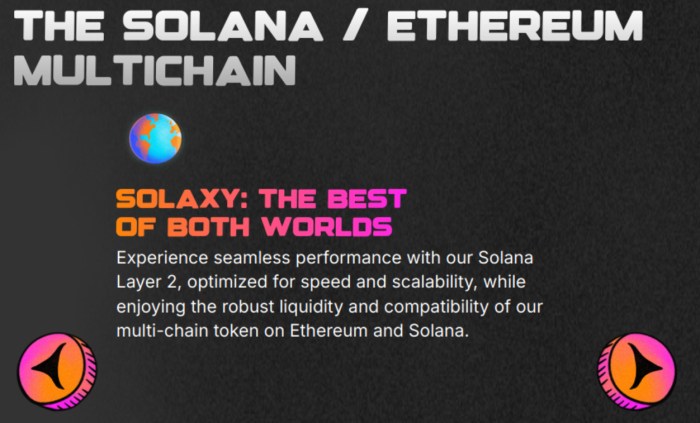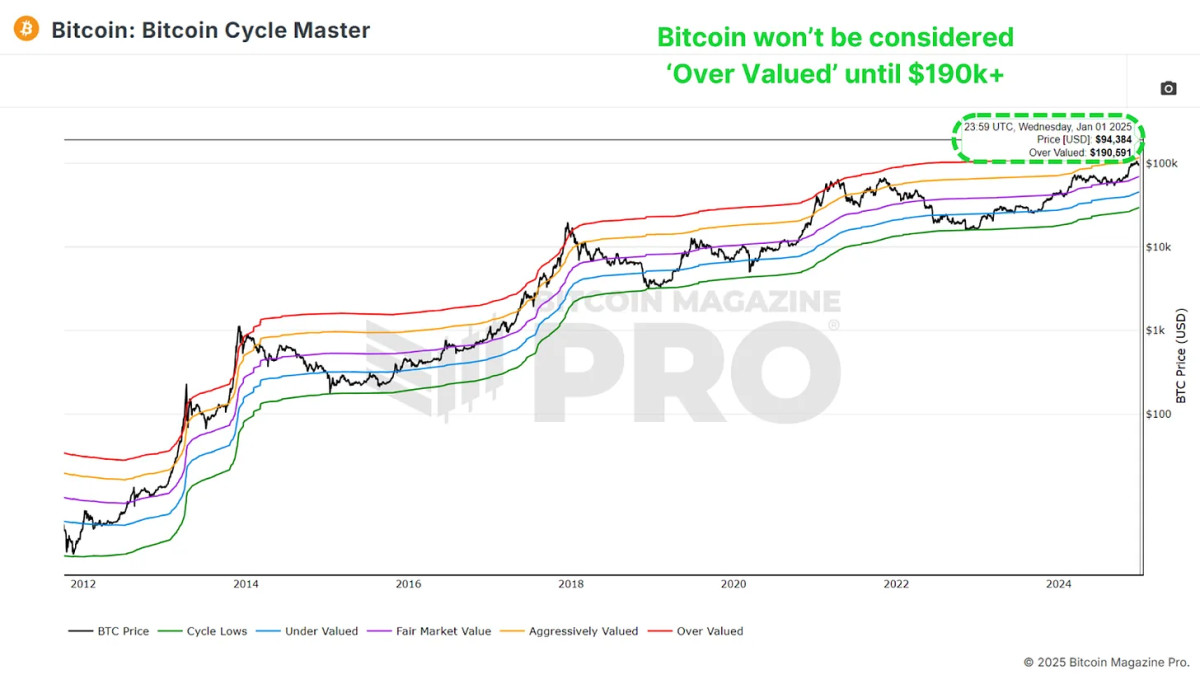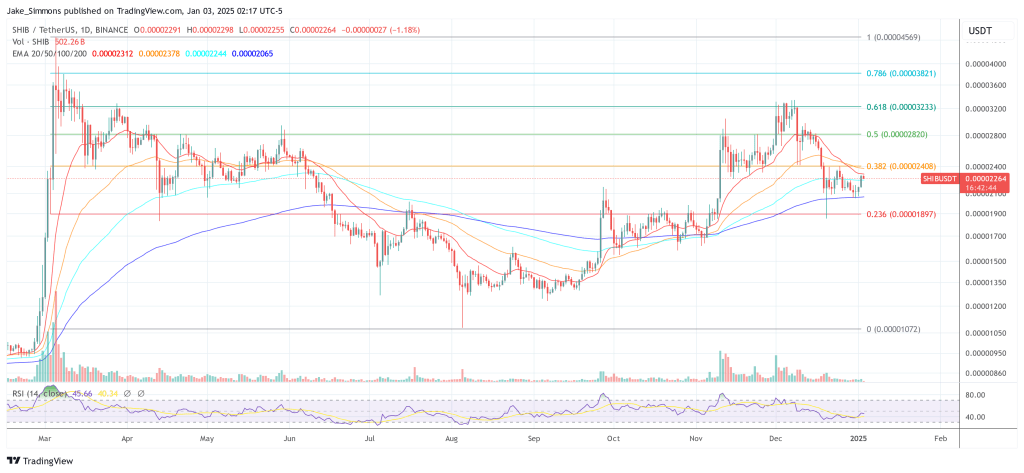
Introduced for the first time in 2020, the regulatory package will now need the approval of the European Council before coming into force.
After two consecutive delays, the European Parliament has conducted the final vote on the Markets in Crypto-Assets Act, known as MiCA. Now the legislation, introduced for the first time back in 2020, needs approval from the European Council before becoming effective regulation.
On April 20, immediately after voting, MiCA’s rapporteur and member of the European Parliament, Stefan Verger, called MiCA “A milestone for the crypto asset industry.”
Habemus MiCA! Das EU-Parlament hat die #Regulierung angenommen. Ein Meilenstein für die #Krypto-Asset-Industrie. Danke an alle Kollegen und auch für den ganzen Support der Community hier! #MiCA @btcecho @DECointelegraph pic.twitter.com/avPmOE2Vl0
— Stefan Berger (@DrStefanBerger) April 20, 2023
With MiCA, European policymakers aim to set standard regulations and establish harmonized rules for crypto assets at the EU level, thereby providing legal certainty for the crypto industry and investors. The regulation will establish guidelines for the operation, structure and governance of issuers of digital asset tokens. It will also offer rules on transparency and disclosure requirements for issuing and trading crypto.
According to Chainalysis, the specific provisions of MiCA related to stablecoins will come into force in July 2024, while others, including those on crypto assets service providers, will apply in January 2025.
THREAD: [1/6] Today, the EU Parliament voted to pass MiCA - the first comprehensive, EU-wide rules for crypto asset service providers and different crypto assets (including stablecoins).
— Chainalysis (@chainalysis) April 20, 2023
The regulation is perceived mostly with cautious optimism. There are, however, a number of issues with the 400-page document. The current draft generally lacks any mention of decentralized finance (DeFi), fails to address the growing sector of crypto lending and staking, and doesn’t specify any rules for nonfungible tokens.
Related: The limitations of the EU’s new cryptocurrency regulations
At a recent panel during Paris Blockchain Week 2023, Janet Ho, head of EU policy at Chainalysis, said that the success of MiCA would be dependent on robust feedback and the reworking of certain parts of the documentation. He was joined by Nadia Filali, Caisse des Dépôts Group’s blockchain program director, who stressed the importance of governments, regulators and industry participants developing regulations together.
However, EU officials emphasized the safety of the investors as the major task of MiCA. As Joachim Schwerin, one of the principal economists within the European Commission, said in a recent interview with Cointelegraph, MiCA should minimize the negative consequences of incidents like the insolvency of FTX in the future.

You can get bonuses upto $100 FREE BONUS when you:
💰 Install these recommended apps:
💲 SocialGood - 100% Crypto Back on Everyday Shopping
💲 xPortal - The DeFi For The Next Billion
💲 CryptoTab Browser - Lightweight, fast, and ready to mine!
💰 Register on these recommended exchanges:
🟡 Binance🟡 Bitfinex🟡 Bitmart🟡 Bittrex🟡 Bitget
🟡 CoinEx🟡 Crypto.com🟡 Gate.io🟡 Huobi🟡 Kucoin.




















Comments